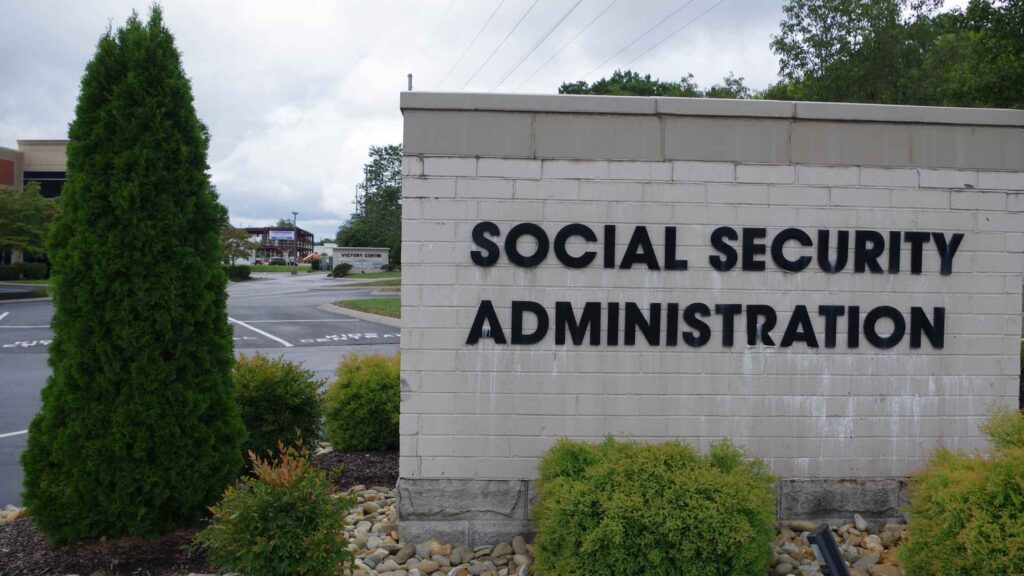A number of imminent modifications to the Supplemental Security Income (SSI) program have been announced by the Social Security Administration (SSA), a pillar of the American government’s social safety net. Millions of Americans, especially pensioners and people with disabilities, stand to benefit from these adjustments. Although societal requirements and economic situations have changed since 1989, the SSA’s decision to update its policies is part of a larger endeavor to modernize the program.
A modification pertains to the removal of food aid from friends and family from the eligibility computations. For more than 90,000 people, this change might increase monthly SSI benefits by almost $131. Recognizing the vital role informal support networks play in the lives of many beneficiaries, the SSA hopes to lower this barrier and increase program accessibility for those in need. Furthermore, the rental subsidy exception, which was previously only applicable in seven states, is now being extended nationally by the SSA. For over 41,000 persons, this modification may mean a monthly increase in SSI benefits of nearly $132.
Social Security announced new official changes for beneficiaries in October
Another notable change is the broader definition of a household receiving public assistance. The Social Security Administration simplifies the eligibility process by incorporating Supplemental Nutrition Assistance Program (SNAP) benefits and eliminating the requirement that all household members receive public assistance. This move could result in enhanced SSI benefits for approximately 277,000 people, as well as a reduction in reporting requirements for those who live in public assistance homes. The SSA’s modifications are projected to have a significant impact on the financial security of SSI beneficiaries.
By relaxing eligibility restrictions and increasing monthly payments, the agency is providing much-needed assistance to some of the most needy groups. Though admirable, the SSA’s attempts to update the SSI program also draw attention to the continued difficulties the organization faces. Achieving a balance between social welfare and budgetary discipline is a difficult undertaking that calls for rigorous assessment of both the short- and long-term effects. On the other hand, these revisions offer the SSA a chance to show that it is dedicated to helping individuals in need and to resolving programmatic problems.
As the SSA implements these measures, it will be responsible for monitoring their impact on recipients and the larger social safety net. Although the agency’s willingness to modify and update its policies is a step in the right direction, ongoing attention to detail and response will be required to guarantee the SSI program’s sustainability and equity. To shape the program’s future and guarantee that it serves the needs of all Americans, stakeholders—including legislators and advocacy organizations—will be essential.
Additional changes that the Social Security Administration will implement soon
Here are two additional main adjustments that would affect the Supplemental Security Income (SSI) program and, consequently, hundreds of low-income Americans and disabled individuals, according to recent correspondence from the Social Security Administration.
- A new rule governing in-kind support and maintenance (IMS). Thanks to this new rule, the Social Security Administration will no longer consider the supply of food assistance by friends and family when determining an applicant’s eligibility under the in-kind support and maintenance (IMS) criteria. This will increase the number of persons who qualify for SSI benefits and increase monthly SSI payments by roughly $131 for over 90,000 individuals.
- The SSI program will prolong the rental subsidy exception. The Social Security Administration announced that it will extend the current rental subsidy exception, which was previously only available in seven states, to all SSI applicants and recipients nationwide. This can improve eligibility and increase SSI payments by $132 monthly for nearly 41,000 people.

